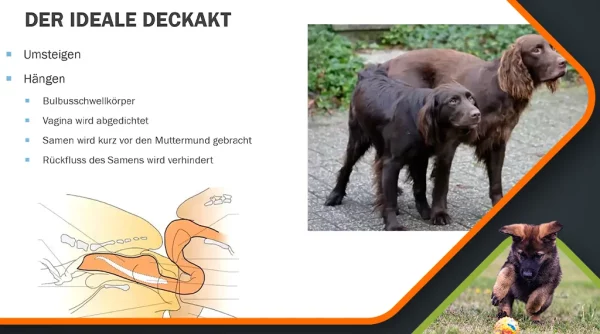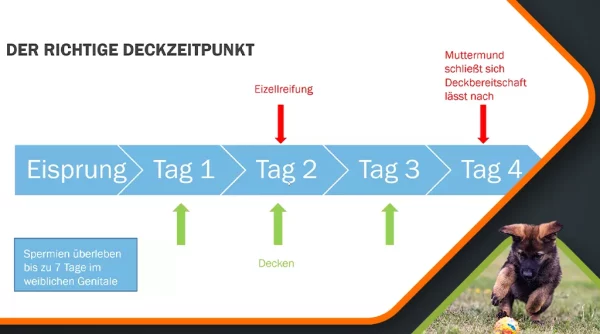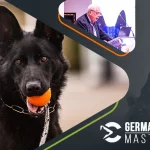
The male in breeding and health



The male in breeding and health
39,00€
Free Shipping
This course is only available in german language!
The lecture provides a comprehensive and practical introduction to the breeding and health of male dogs and is particularly useful for anyone looking for detailed insights and scientifically based information on these topics.
The lecture is relevant for:
- Breeders who need in-depth knowledge of anatomy and breeding management.
- Veterinarians and veterinary assistants who deal with general health and typical illnesses of male dogs.
- Dog owners who want to find out about health aspects and the necessary preventive and diagnostic methods.
Here are the main topic blocks:
- Anatomical basics – information on prepuce, scrotum, penis, testicles/epididymis, sperm ducts, prostate and sperm, sexual maturity/breeding maturity, senium
- Andrological examinations – general examinations, morphology, semen examination, ultrasound
- Breeding management & determination of mating time, mating hygiene – ideal mating time & mating act, anatomical and psychological problem factors, hormonal, systemic and iatrogenic causes
- Organ diseases & therapy – preputial catarrh, balanoposthitis, erectile bleeding, trauma, fracture of the penile bone, penile prolapse, Sticker sarcoma, scrotal dermatitis, testicular inflammation/tumors, acute & chronic prostatitis, prostate tumors/abscesses
- Bacterial infections – specific pathogens: Brucella canis, non-specific pathogens: streptococci, staphylococci, Escherichia coli, Pseudomonas; Mycoplasmas
- Other mating infections – Sticker Sarcoma, Leishmaniasis, Babesiosis, Rickettsia, Hepatozoon canis, Anaplasmosis, Heartworm
- Cryptorchidism – diagnosis, therapy, genetics
- Castration & sterilization – general information & side effects, alternative: chemical castration





